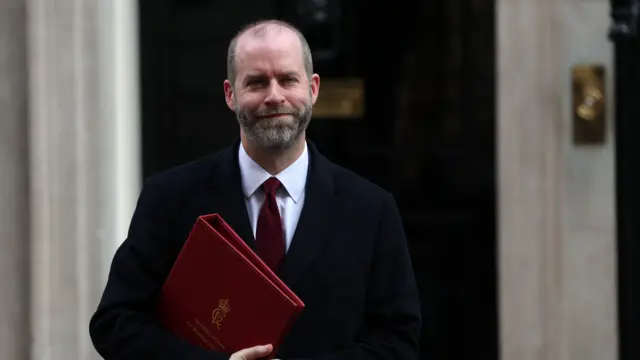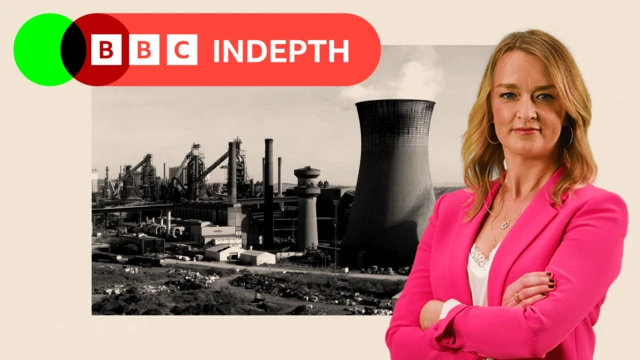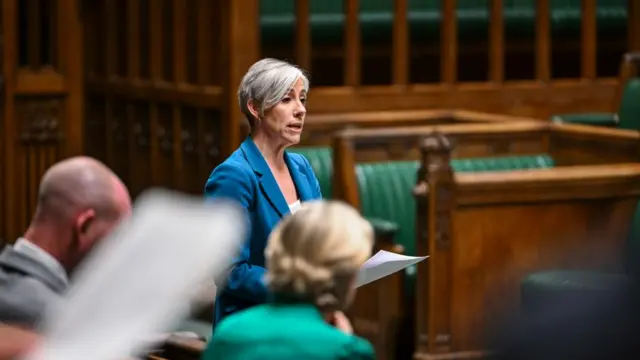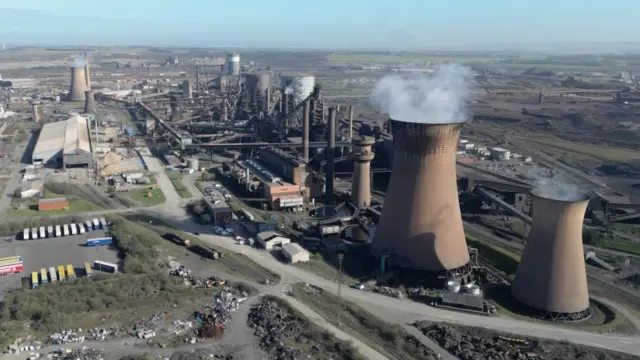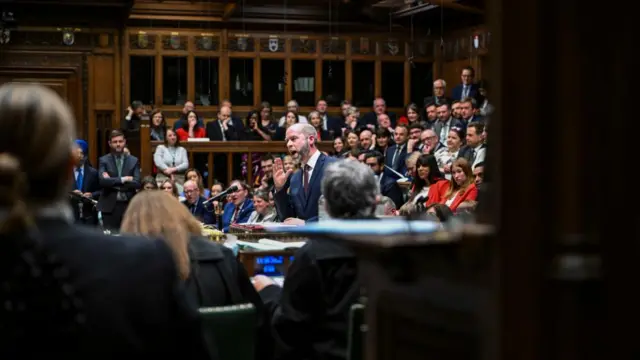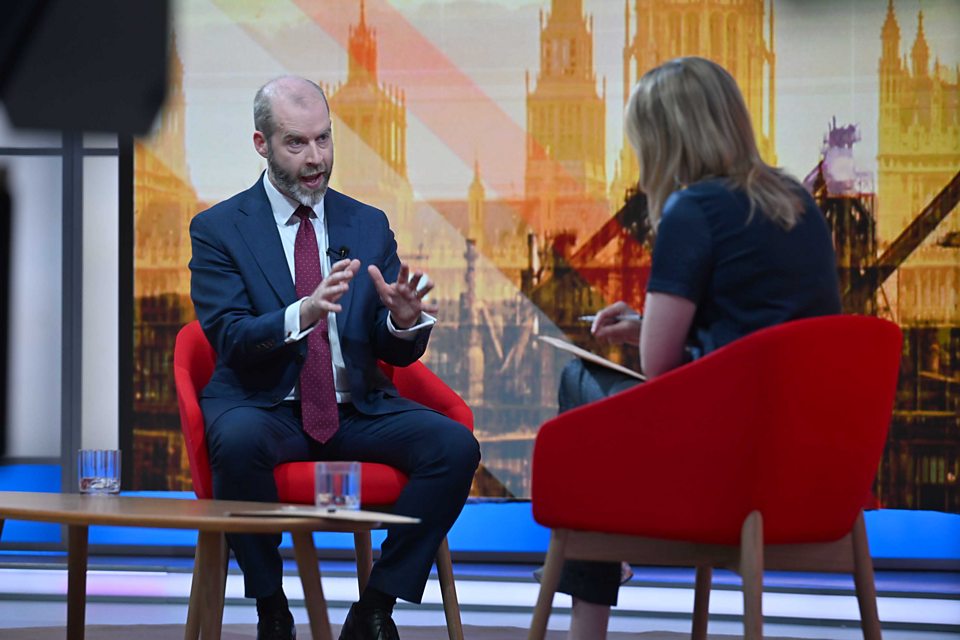Steelworkers legitimately worried about sabotage, says GMB union chiefpublished at 09:09 British Summer Time 13 April

We’re now hearing GMB union chief Gary Smith, who is speaking on the panel.
When asked about reports that workers blocked officials from the steel plant's Chinese owners, Jingye, from entering the site in Scunthorpe, Smith says he’s not spoken to workers in Scunthorpe, but people on site were “legitimately” worried about sabotage.
He says the workers are angry at management.

